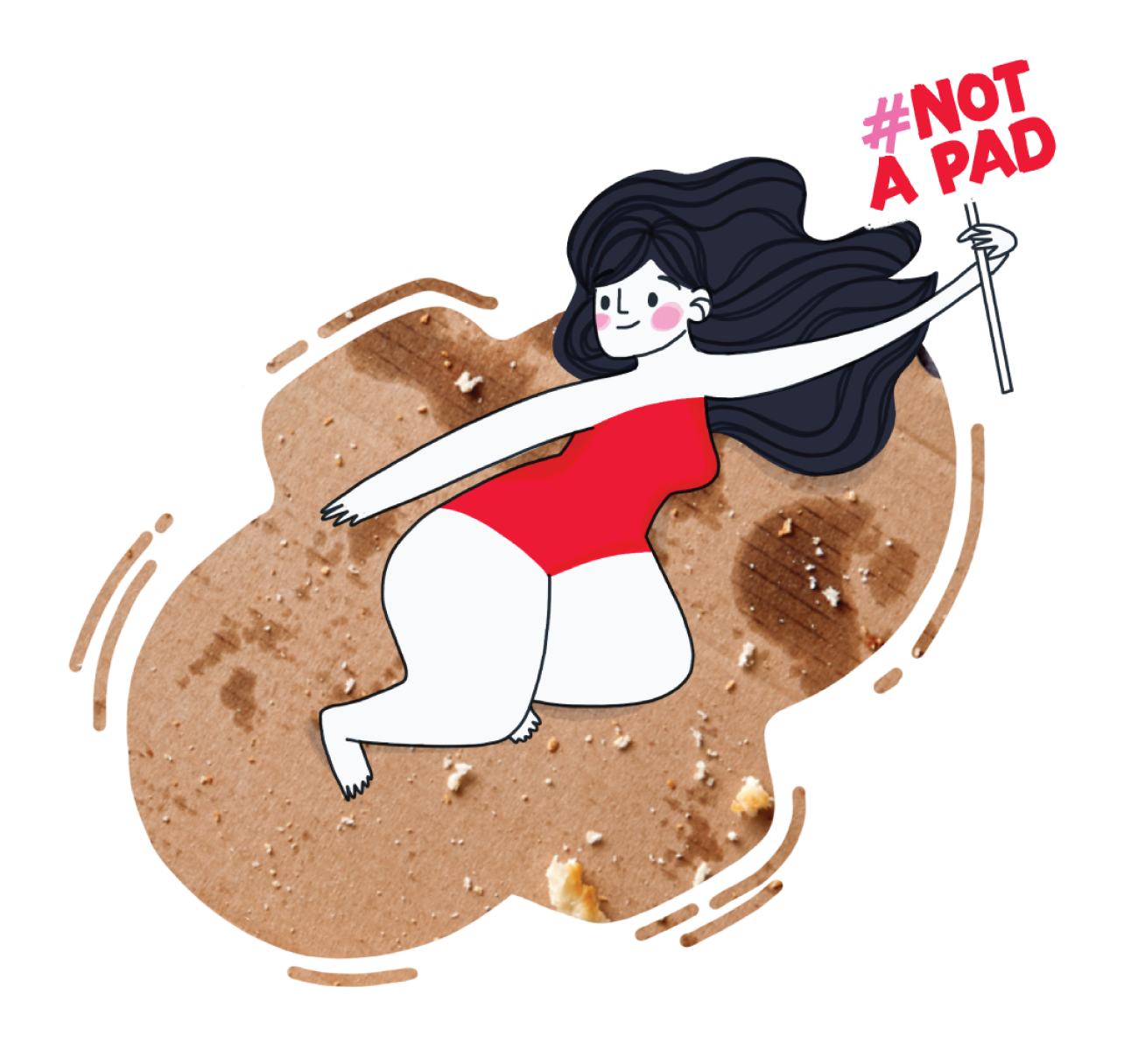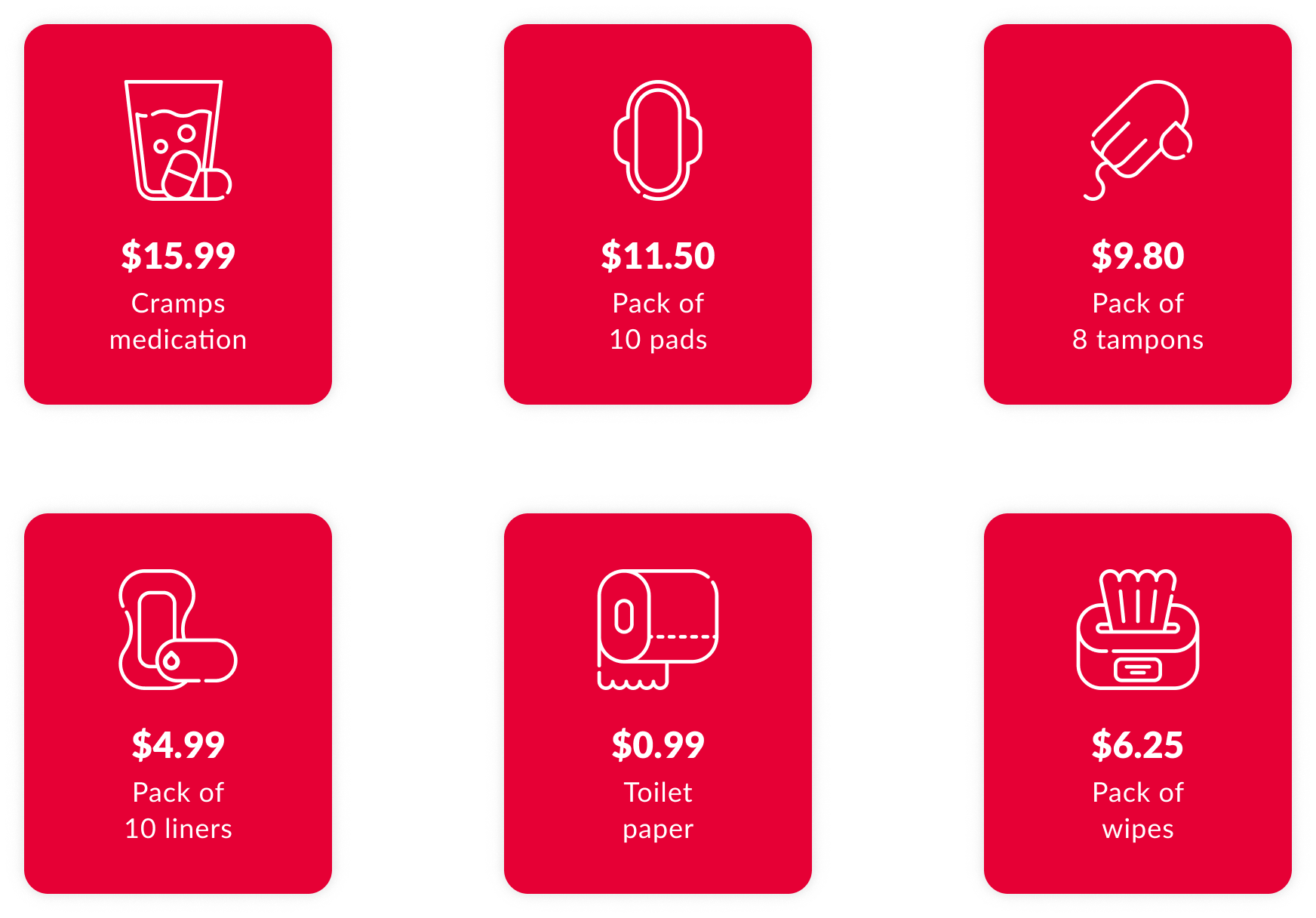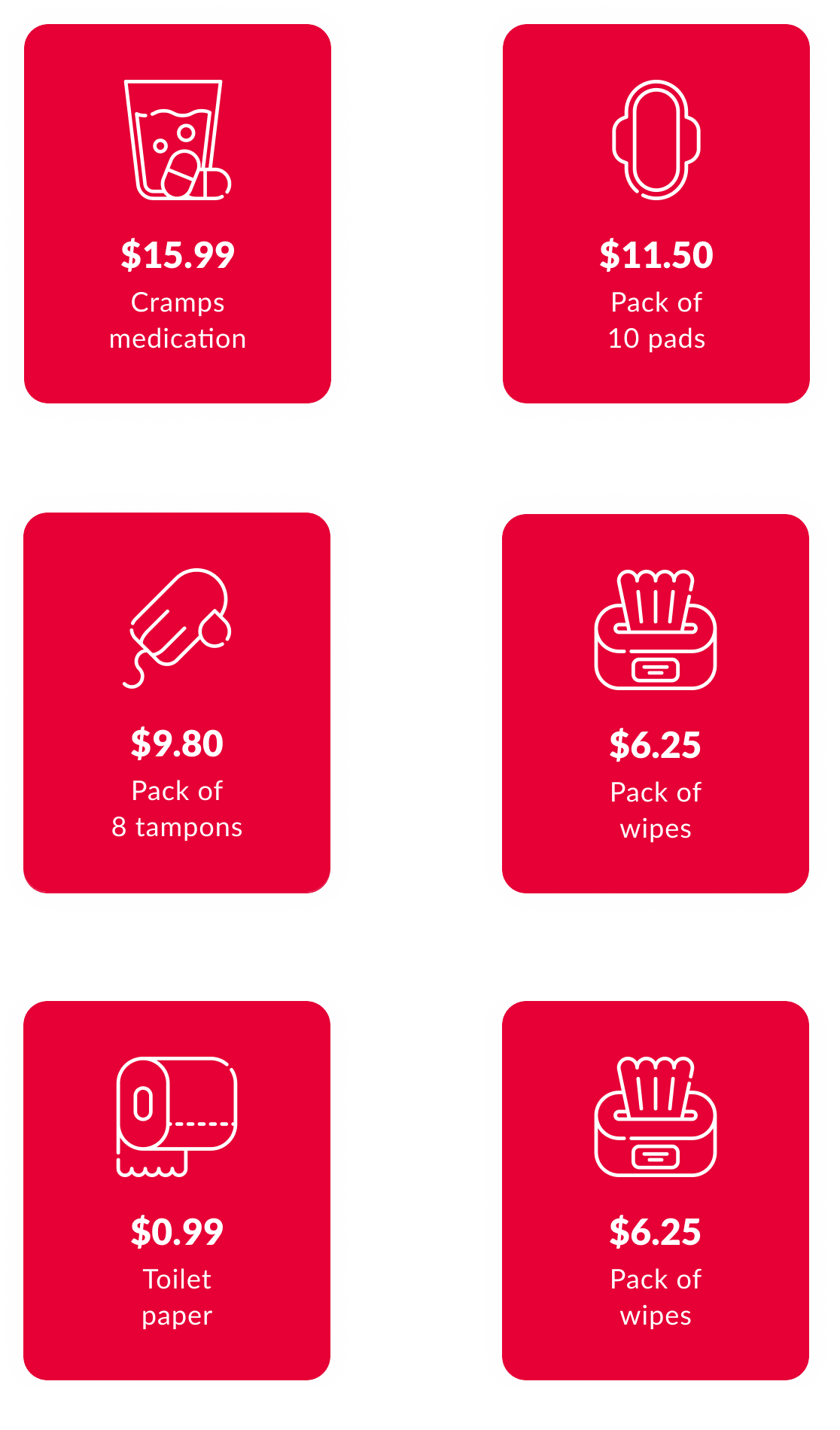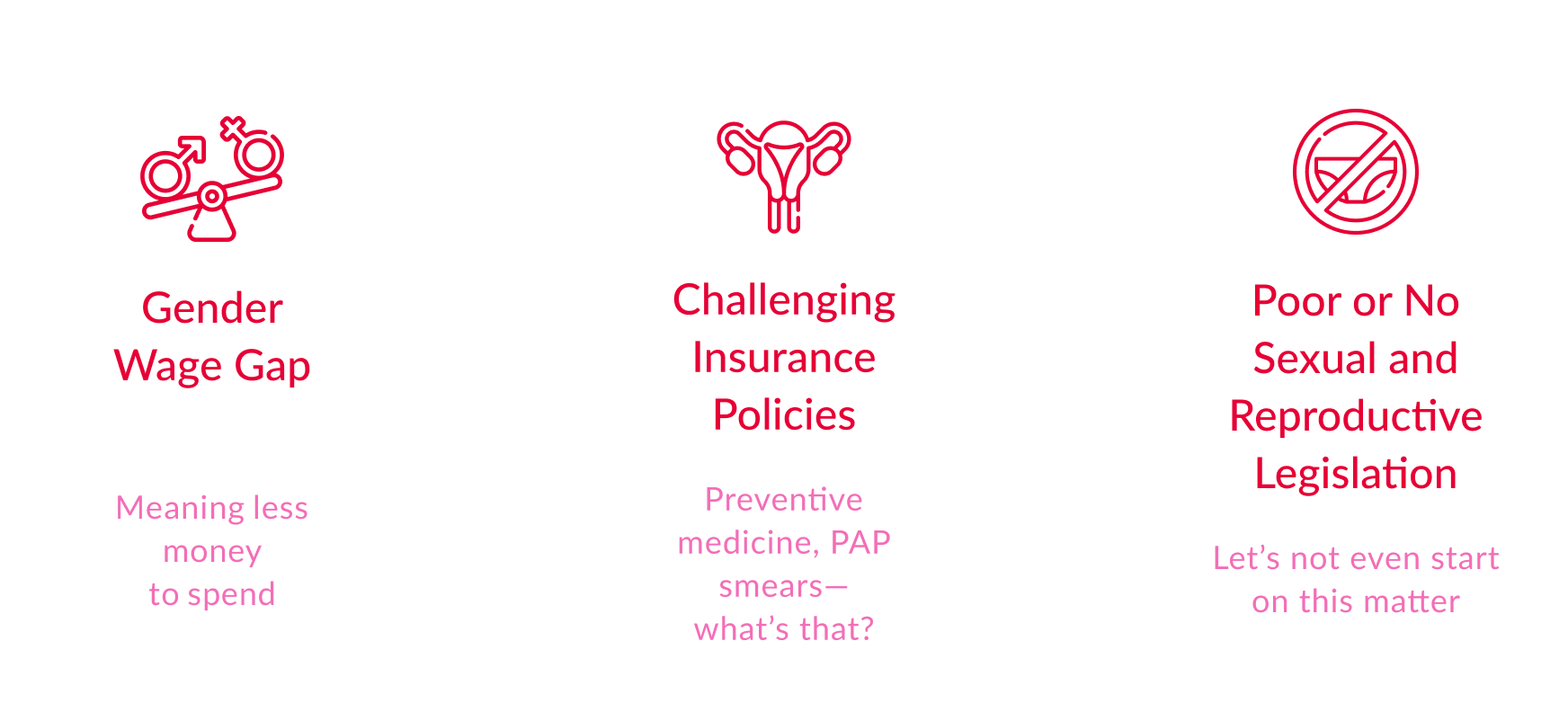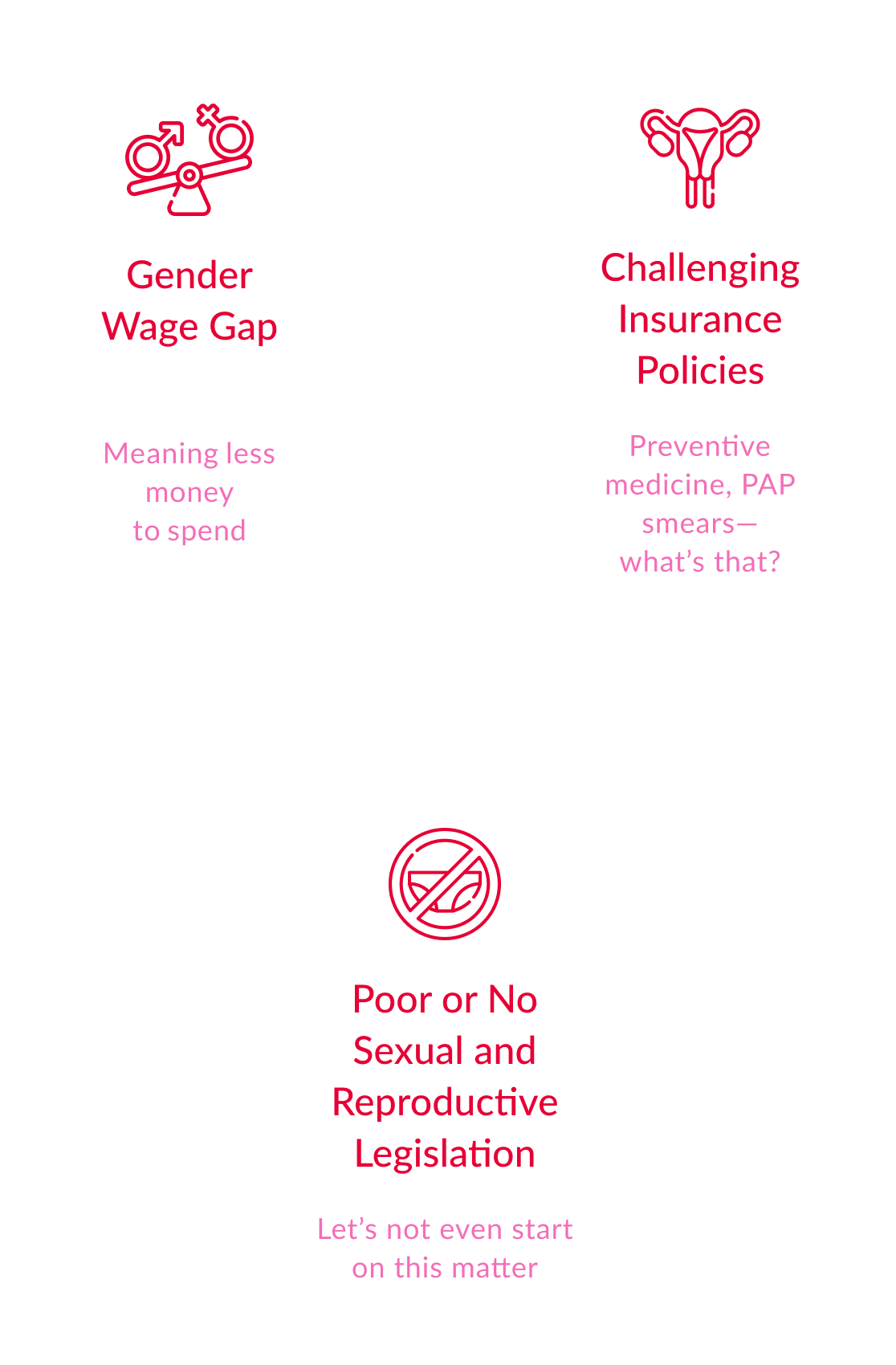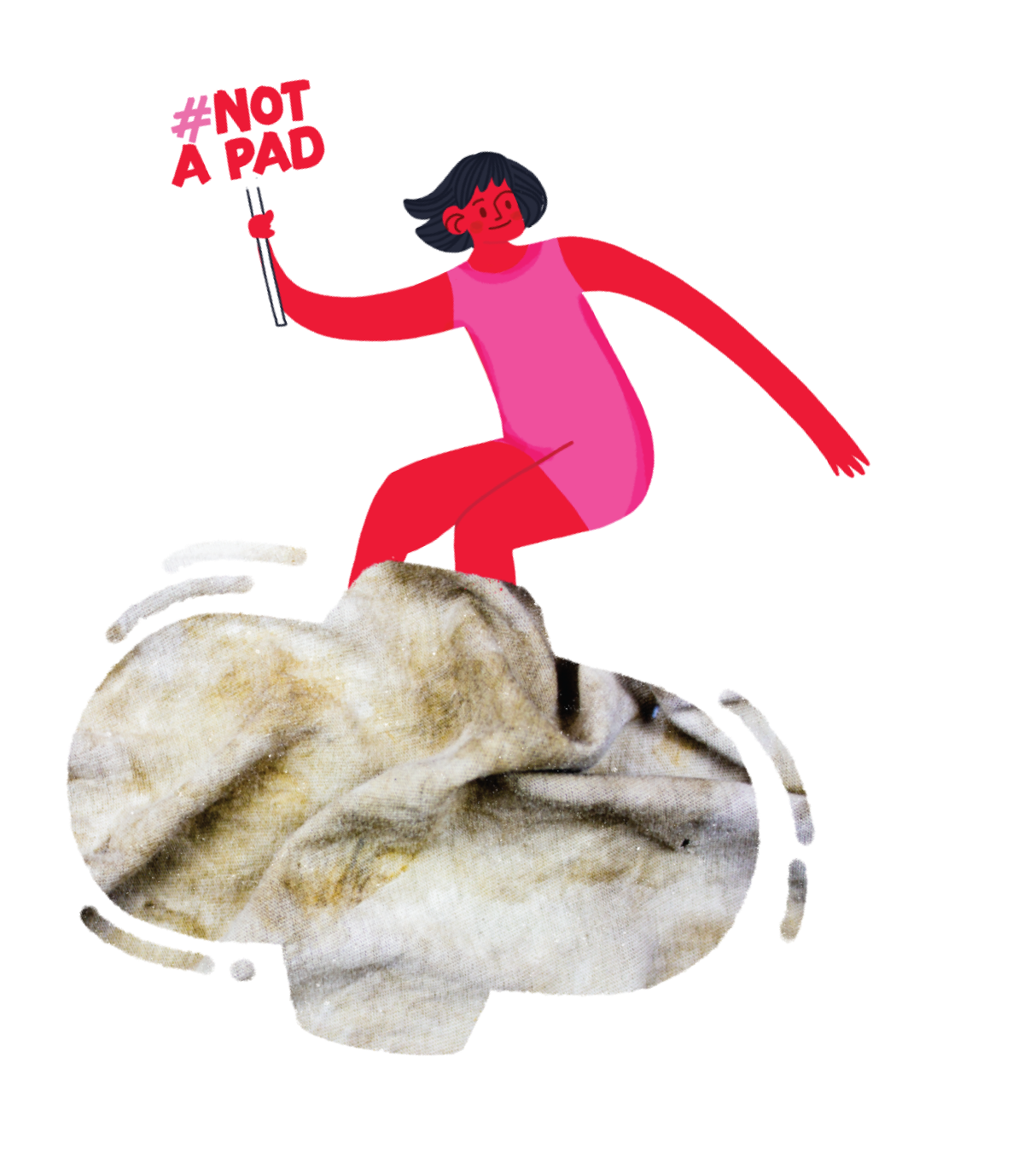Pe•ri•od Pov•er•ty
The limited or inadequate access to menstrual products or menstrual health
education as a result of financial constraints or negative socio-cultural
stigmas associated with menstruation.
Men•stru•a•tor
A gender-neutral inclusive term to describe all people who experience
menstruation as a biological function.
Men•stru•al Eq•ui•ty
The affordability, accessibility and safety of menstrual products for
all people - including laws and policies - that acknowledge and consider
menstruation.
Pe•ri•od Pov•er•ty
The limited or inadequate access to menstrual products or menstrual health
education as a result of financial constraints or negative socio-cultural
stigmas associated with menstruation.
Men•stru•a•tor
A gender-neutral inclusive term to describe all people who experience
menstruation as a biological function.
Men•stru•al Eq•ui•ty
The affordability, accessibility and safety of menstrual products for
all people - including laws and policies - that acknowledge and consider
menstruation.
 Not a Pad
Not a Pad
 A tissue?
A tissue?
 Not a Pad
Not a Pad
 Some cardboard box?
Some cardboard box?
 Not a Pad
Not a Pad
 An old sock?
An old sock?
 Not a Pad
Not a Pad
 Newspapers?
Newspapers?
 Not a Pad
Not a Pad
 A tissue?
A tissue?
 Not a Pad
Not a Pad
 Some cardboard box?
Some cardboard box?
 Not a Pad
Not a Pad
 An old sock?
An old sock?
 Not a Pad
Not a Pad

